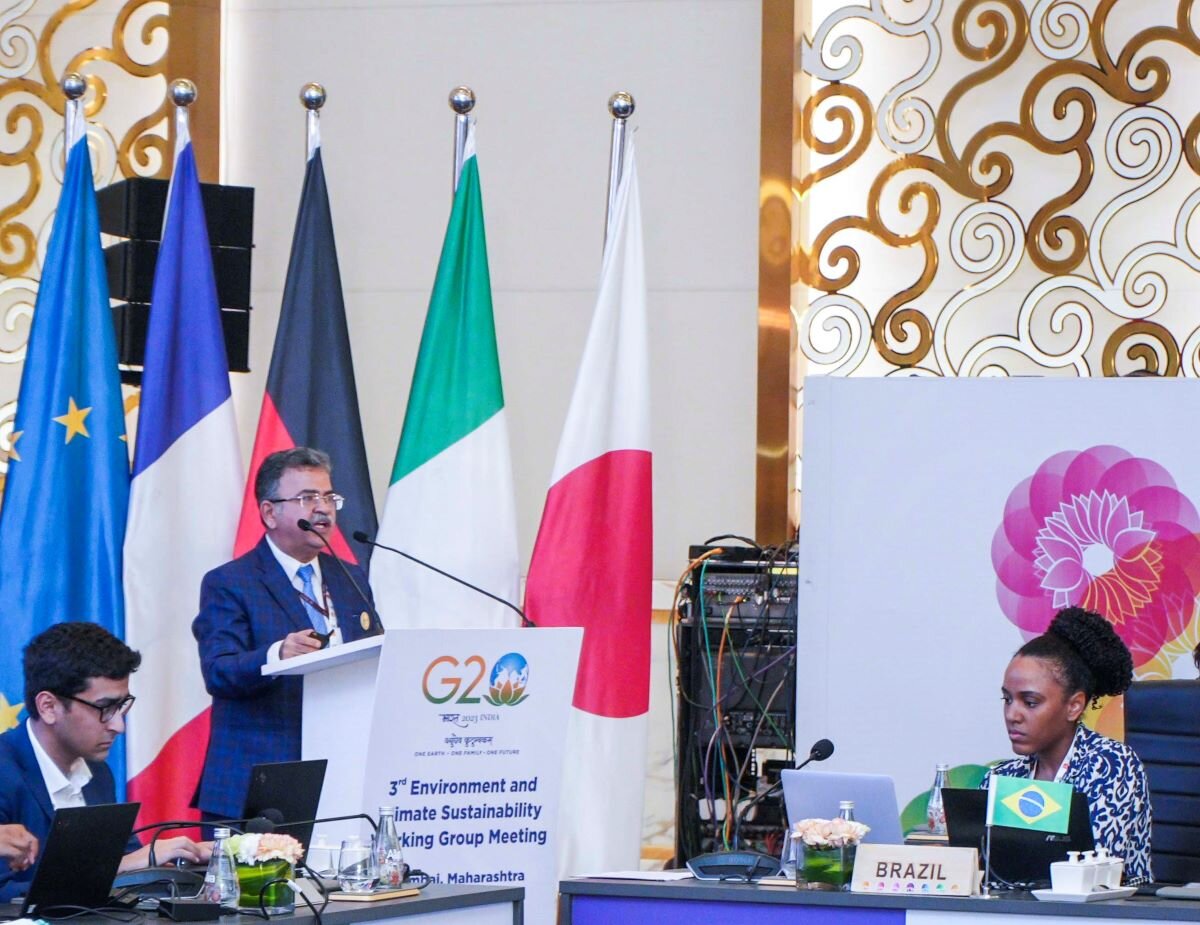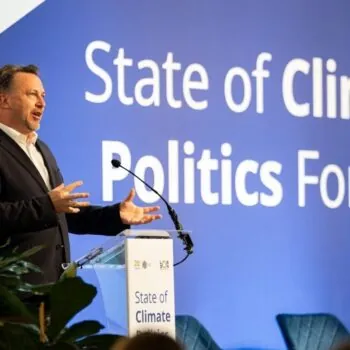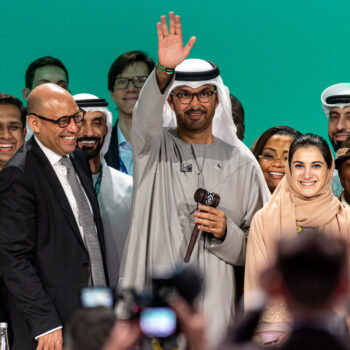- The G20’s Environment and Climate Sustainability Ministerial meeting concluded today in Chennai, India with no progress on climate or energy transition goals.
- The outcome document and chair’s summary from the Indian hosts – dubbed disappointing by many G20 members who had pushed for climate ambition – landed as scientists confirmed July has been the hottest temperatures ever since recordings began.
- Before the meeting, the UAE COP28 President Dr Sultan Al Jaber and the UNFCCC Executive Secretary Simon Stiell called on the G20 to show unity and leadership including through phasing down fossil fuels, tripling global renewable energy capacity, accelerating action on adaptation and loss and damage, and supporting greater mobilisation of finance for climate action.
- The outcome – not a consensus communique document – showed deep divides over these issues, with clear disagreement on whether G20 climate ministers should even discuss the energy transition at all.
Quotes
Alex Scott, Programme Lead at E3G, said:
“Europe and North Africa are burning, Asia is ravaged with floods, yet G20 climate ministers have failed to agree on a shared direction to halt the climate crisis which is escalating day by day. Reports of Saudi Arabia and China stifling the forum’s political space to even discuss a new direction on the energy transition fly in the face of their claims of defending the interests of developing countries.”
Madhura Joshi, Senior Associate on Fossil Fuel Transition at E3G, said:
“Despite the Indian G20 Presidency’s work to achieve ambitious outcomes across the G20 Energy Ministerial and today’s Environment and Climate Ministerial, the text indicated that negotiations were mired in differences, with countries failing to rise beyond the politics. Ministers highlight that it is imperative to use the best available science for effective climate actions, but the outcomes, especially on energy, leave a lot to be desired.
India has an opportunity to drive the new engine of the global economy by leading the Leaders’ Summit in September to course-correct climate action and agreeing to triple renewables by 2030 to over 11,000GW, double the rate of energy efficiency, and phase out fossil fuels. The science tells us this is difficult but feasible – and critical for keeping 1.5 alive.”
Tom Evans, Policy Advisor at E3G, said,
“The G20 recognised the importance of their leadership for keeping hopes of limiting under 1.5°C. A commitment by all to set more ambitious national climate targets after this year’s global stocktake at COP28 reflects that.
But the dismal outcome shows clearly that G20 climate ministers are out of their depth. They need their bosses to come in and take over. Among the G20, it seems only Leaders have the power to grapple with the trickiest political issues and strike the deals to help secure a safer planet.”
Available for comment
E3G experts are available for instant reaction, background and comment. Please reach out to them directly:
Alex Scott, E3G Programme Lead, (climate diplomacy, road to COP28)
+44 7482 750760, alex.scott@e3g.org
Madhura Joshi, Senior Associate, E3G (Indian geopolitics and policy, energy transition)
+91 9650783893 madhura.joshi@e3g.org
Tom Evans, E3G Policy Advisor (climate diplomacy & geopolitics, global stocktake, road to COP28)
+44 (0) 7931 317 327 Tom.evans@e3g.org
Notes to Editors
- E3G is an independent climate change think tank with a global outlook. We work on the frontier of the climate landscape, tackling the barriers and advancing the solutions to a safe climate. Our goal is to translate climate politics, economics and policies into action. About – E3G
- For further enquiries email press@e3g.org or phone +44 (0)7783 787 863
- Receive occasional news and updates on geopolitical events via our WhatsApp briefing service E3G WhatsApp registration for journalists – E3G



